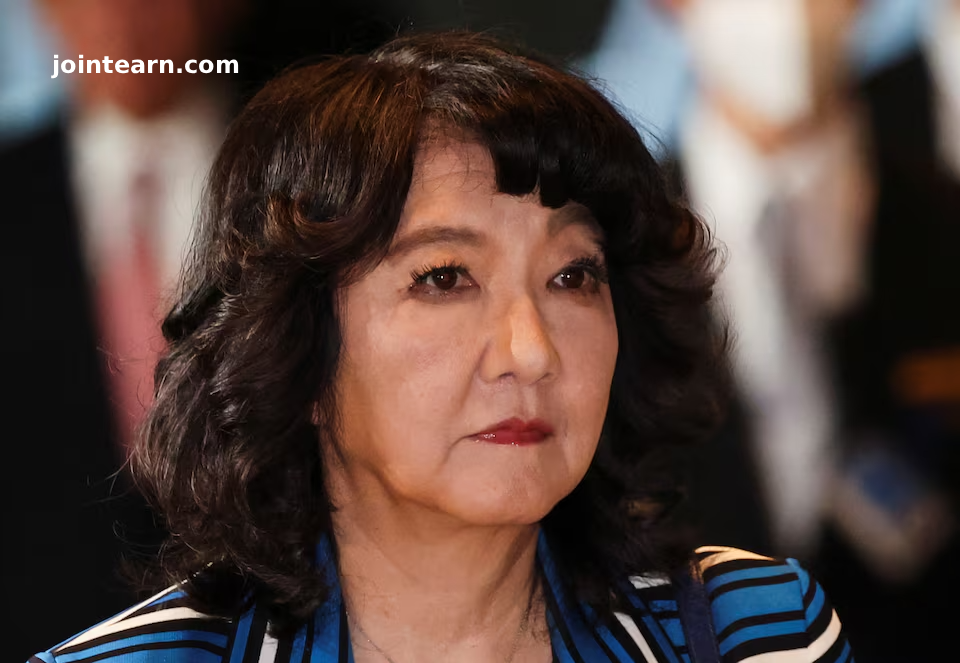
Japan’s newly-appointed Finance Minister Satsuki Katayama clarified on Thursday that she cannot stand by remarks she made earlier this year about the yen’s value against the U.S. dollar, citing her current responsibilities overseeing Japan’s currency and financial policy.
Katayama’s Past Remarks on the Yen
In March 2025, Katayama, a veteran upper house lawmaker, stated in an interview with Reuters that she believed the yen’s fair value was around 120-130 per U.S. dollar, reflecting Japan’s economic strength at the time. These comments came when the yen had already weakened to roughly 150 per dollar.
However, in her recent interview with TV Tokyo, Katayama emphasized that, in her current role as finance minister, she cannot endorse those earlier remarks. “In my current position, I obviously can’t endorse my past remarks,” she said, stressing the importance of maintaining Japan’s credibility in global currency markets.
Views on Current Market Conditions
Katayama acknowledged that market movements often diverge from real economic demand. She noted, “It’s always been the case that markets’ movements are often unrelated to real demand. What the Japanese government can do is to steer the fundamentals onto a sound and reasonable growth path, while also maintaining Japan’s credibility.”
She also supported the Bank of Japan’s decision to keep interest rates unchanged, describing it as “extremely reasonable in light of overall current economic conditions.” The yen recently weakened further, trading at 154.20 per dollar, following the BOJ’s policy announcement.
Implications for Japan’s Currency Policy
Katayama’s statements reflect a careful stance by Japan’s financial leadership amid continued yen depreciation. As finance minister, her remarks signal a priority on stable economic fundamentals over commenting on short-term forex fluctuations. Market participants will closely monitor her guidance as the government and BOJ navigate the interplay between currency policy, economic growth, and international trade pressures.
The yen’s movements remain particularly significant given global concerns over U.S.-Japan trade relations, monetary policy divergence, and international investor confidence. Katayama’s positioning highlights the government’s commitment to maintaining credibility while steering economic fundamentals in a sustainable direction.


Leave a Reply